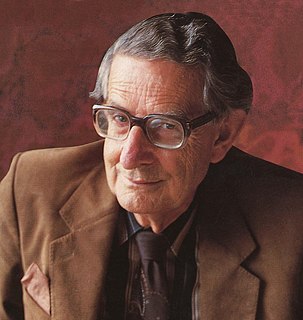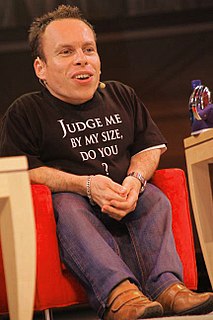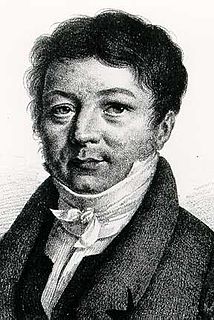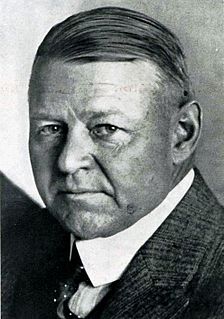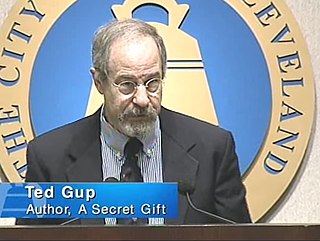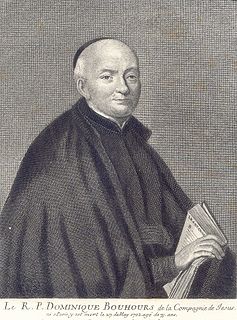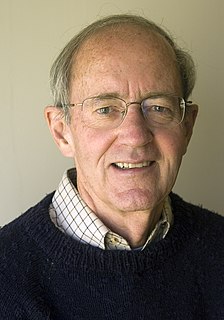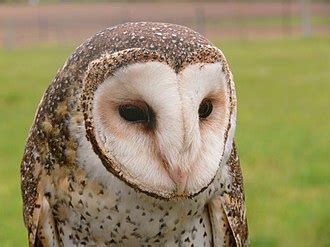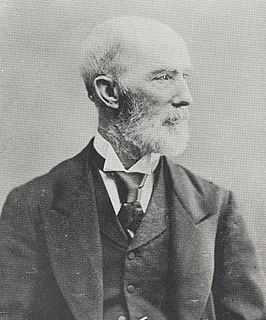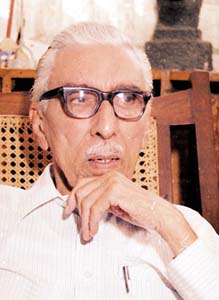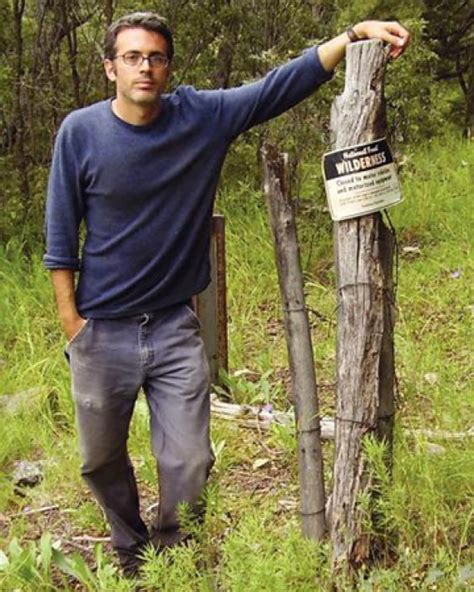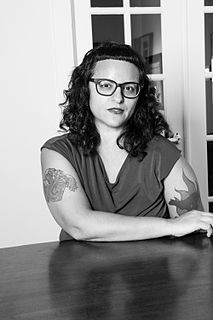A Quote by Lewis Hyde
Science may not be as intimate as the medical profession; nonetheless, it certainly is a community in which ideas are often shared as contributions, not as proprietary things.
Related Quotes
The impossibility of separating the nomenclature of a science from the science itself, is owing to this, that every branch of physical science must consist of three things; the series of facts which are the objects of the science, the ideas which represent these facts, and the words by which these ideas are expressed. Like three impressions of the same seal, the word ought to produce the idea, and the idea to be a picture of the fact.
I think community is a shared history, it's a shared experience. It's not always agreement. In fact, I think that often it isn't. It's the commitment, again, to stay with something - to go the duration. You can't walk away. It's like a marriage, only I think it's more difficult to divorce yourself from community than it is to a human being because the strands are interconnected and so various.
Mere numbers cannot bring out ... the intimate essence of the experiment. This conviction comes naturally when one watches a subject at work. ... What things can happen! What reflections, what remarks, what feelings, or, on the other hand, what blind automatism, what absence of ideas! ... The experimenter judges what may be going on in [the subject's] mind, and certainly feels difficulty in expressing all the oscillations of a thought in a simple, brutal number, which can have only a deceptive precision. How, in fact, could it sum up what would need several pages of description!
The efforts of the medical profession in the US to control:...its...job it proposes to monopolize. It has been carrying on a vigorous campaign all over the country against new methods and schools of healing because it wants the business...I have watched this medical profession for a long time and it bears watching.
There may perhaps be a new generation of doctors horrified by lacerations, infections, women who have douched with kitchen cleanser. What an irony it would be if fanatics continued to kill and yet it was the apathy and silence of the medical profession that most wounded the ability to provide what is, after all, a medical procedure.
I often compare open source to science. To where science took this whole notion of developing ideas in the open and improving on other peoples' ideas and making it into what science is today and the incredible advances that we have had. And I compare that to witchcraft and alchemy, where openness was something you didn't do.
Science is a way of thinking much more than it is a body of knowledge. Its goal is to find out how the world works, to seek what regularities there may be, to penetrate to the connections of things-from subatomic particles, which may be the constituents of all matter, to living organisms, the human social community, and thence to the cosmos as a whole.
It's part of a writer's profession, as it's part of a spy's profession, to prey on the community to which he's attached, to take away information - often in secret - and to translate that into intelligence for his masters, whether it's his readership or his spy masters. And I think that both professions are perhaps rather lonely.

